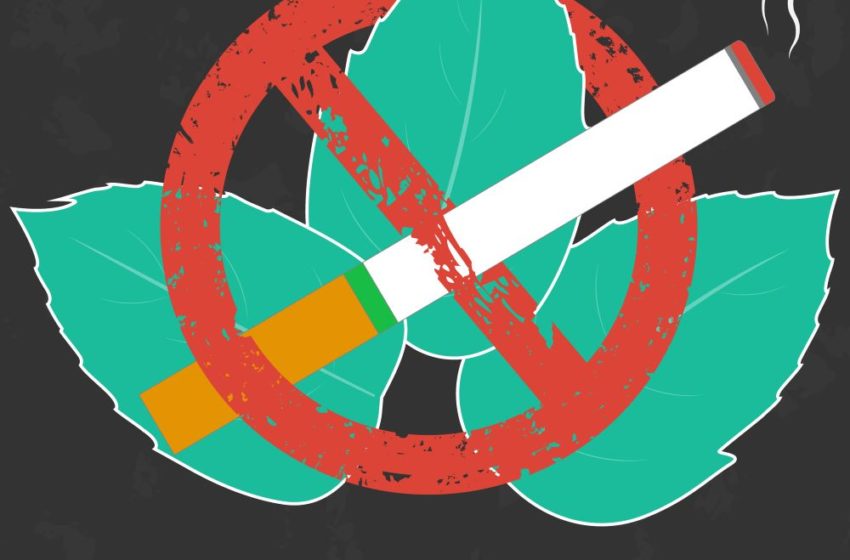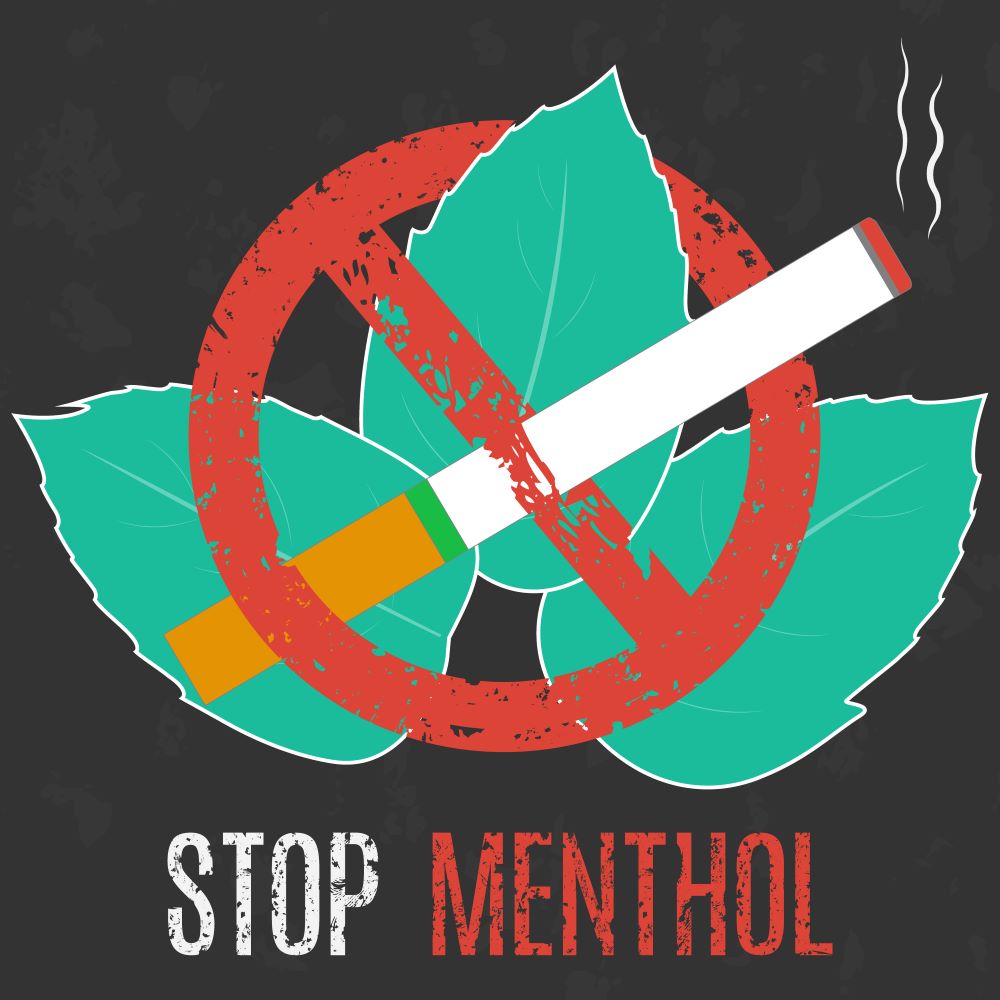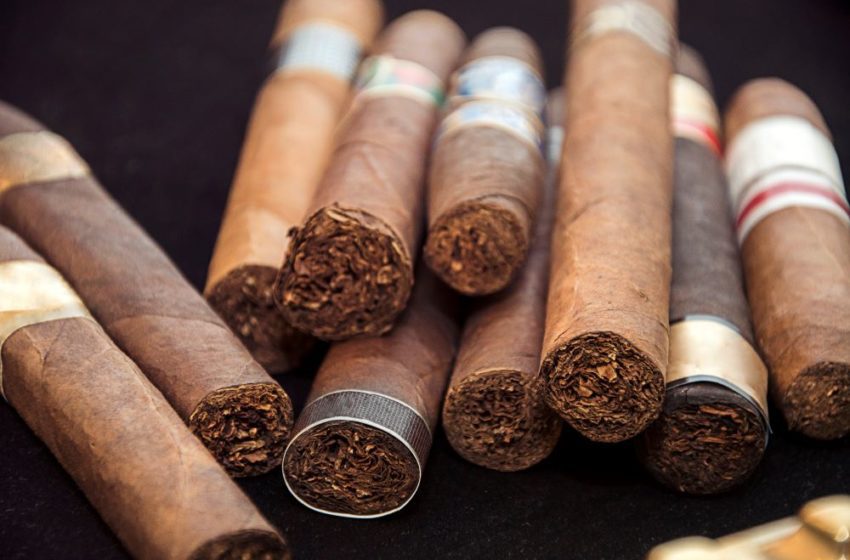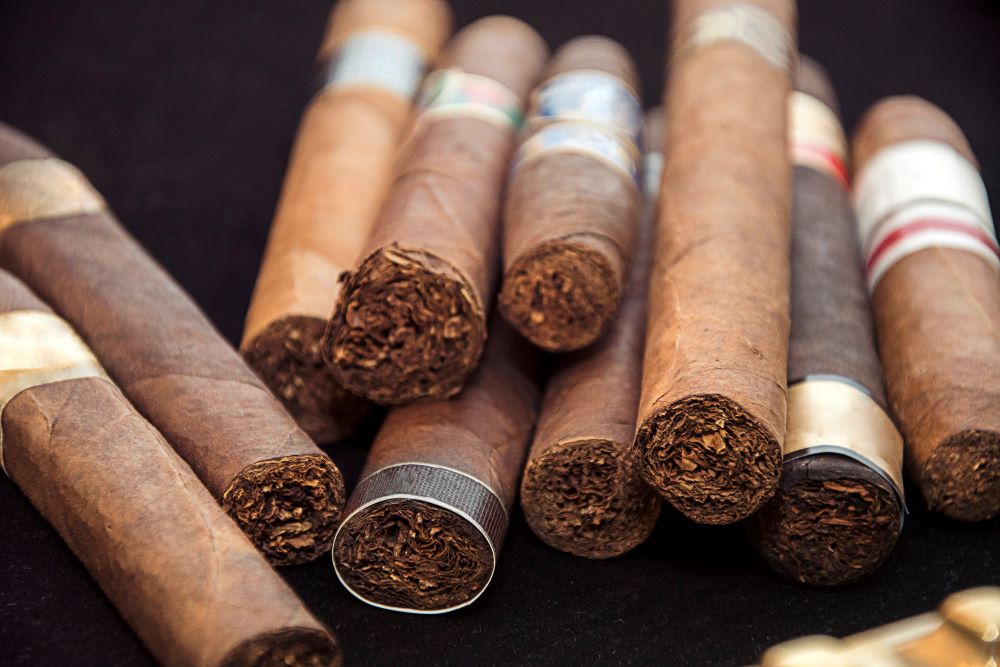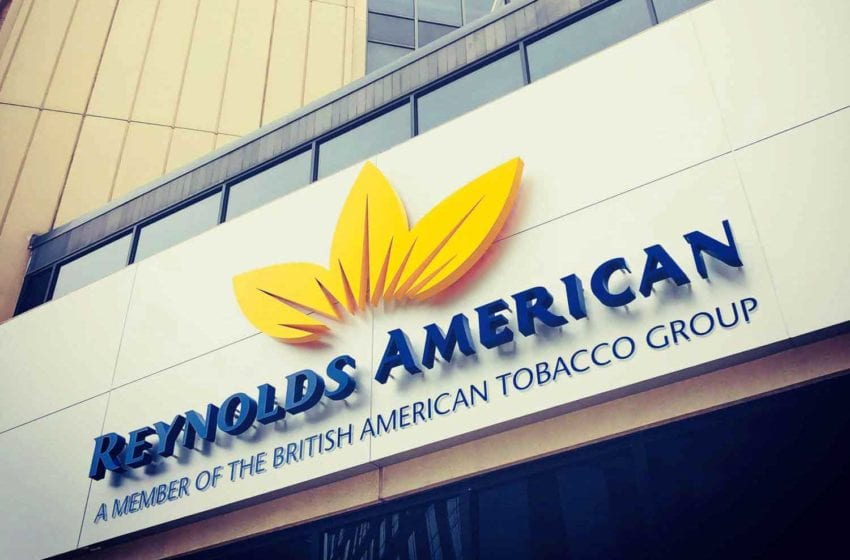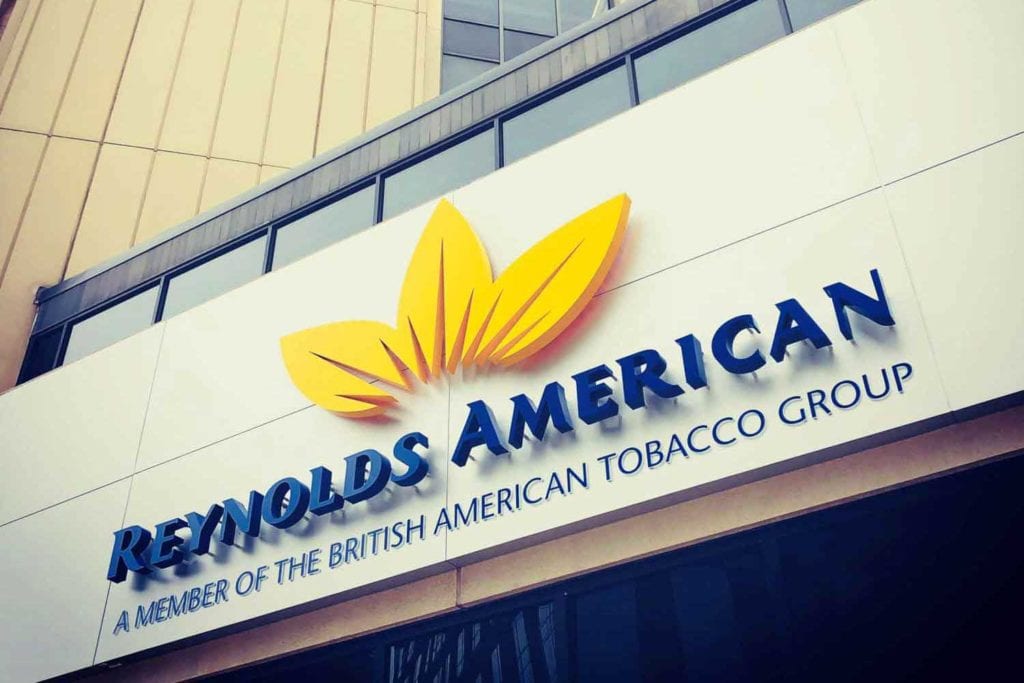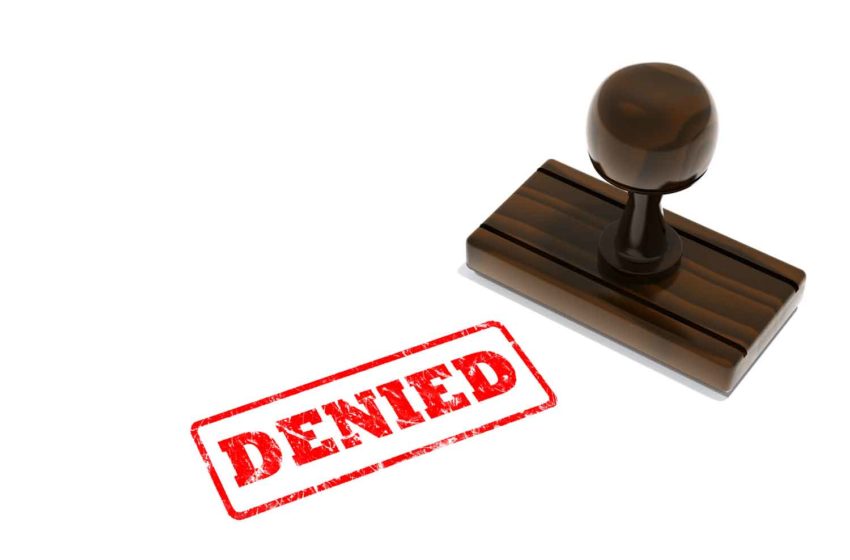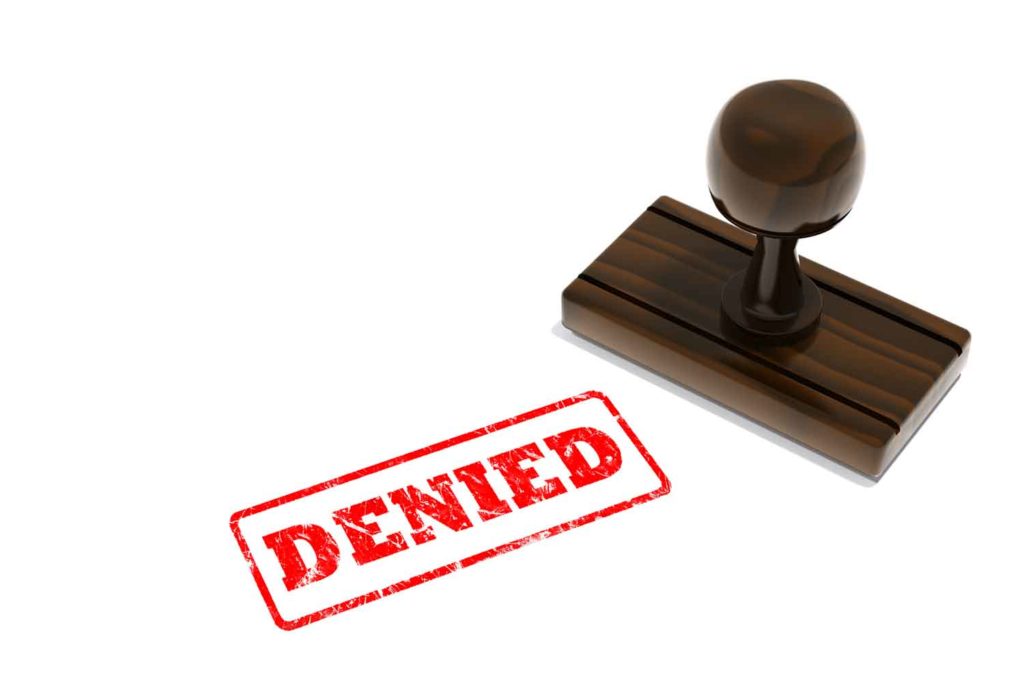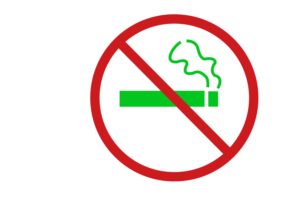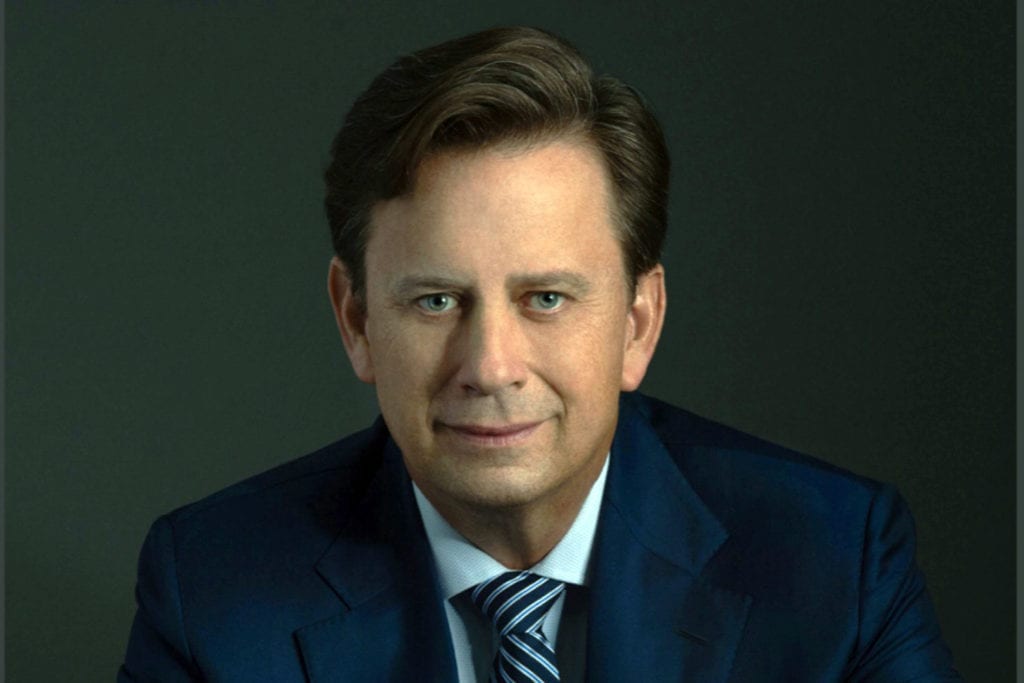
A U.S. federal judge has thrown out a tobacco industry lawsuit against California’s statewide ban on the sale of flavored tobacco products, reports Law360.
On March 15, Judge Cathy Ann Bencivengo rejected the plaintiffs’ claim that the measure would unfairly discriminate against out-of-state businesses. Bencivengo argued that the contested law applies to sales only; manufacturers are still permitted to manufacture flavored tobacco products in California. Most manufacturers of flavored tobacco products are located outside California.
R.J. Reynolds and other tobacco companies sued California after voters approved the ban in a November referendum, claiming the law violates the federal Tobacco Control Act (TCA) as well as the U.S. Constitution’s commerce clause.
The law was originally passed by the state legislature but didn’t take effect after industry opponents gathered enough signatures to put the issue on the November ballot.
In rejecting the TCA claim, Bencivengo cited a 9th Circuit ruling in March 2022 that upheld a Los Angeles County ban on flavored tobacco products. The tobacco industry lawsuit also doesn’t meet the standards for arguing a state law discriminates against or unduly burdens interstate commerce, she argued.
The court also rejected the tobacco companies’ claim that out-of-state manufacturers of flavored tobacco products would be forced to change their operations to the tune of “tens of billions of dollars” to comply with the law’s new standards for tobacco products, an undue burden on interstate commerce.
California’s flavor ban doesn’t set new standards for the manufacture or marketing of tobacco products that depart from federal regulations, Bencivengo said. And financial losses for the tobacco industry alone are “not excessive enough for the court to find that the ban substantially burdens interstate commerce,” she added, citing the law’s aims to protect public health.
The TCA also gives states the authority to “opt out of the market for flavored tobacco products,” Bencivengo said in the ruling, which does not allow the tobacco companies to file an amended complaint.




